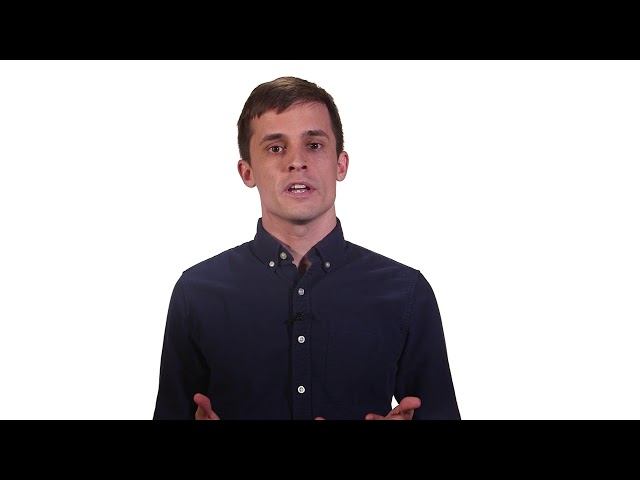Background
Dr. Ryan Roemmich is a human movement scientist at the Center for Movement Studies at the Kennedy Krieger Institute. He is interested in walking and rehabilitation of people with neurologic damage or disorders. His background spans engineering, clinical gait analysis and neuroscience. His research focuses on combining these disciplines to understand how the nervous system controls locomotion and how we can improve walking in persons with gait dysfunction.
Dr. Roemmich uses many techniques to study human movement, including three-dimensional motion capture, electromyography, interactive feedback, non-invasive brain stimulation, cognitive testing and clinical examination. Interdisciplinary collaboration is a strong emphasis of his work, as he has published with academic and clinical faculty in engineering, kinesiology, physiology, psychology, neurology, neuroscience, neurosurgery, physical therapy and language sciences. His long-term research goals are to develop innovative, effective walking treatments for people with neurologic damage or disease.



Patient Ratings & Comments
The Patient Rating score is an average of all responses to physician related questions on the national CG-CAHPS Medical Practice patient experience survey through Press Ganey. Responses are measured on a scale of 1 to 5, with 5 being the best score. Comments are also gathered from our CG-CAHPS Medical Practice Survey through Press Ganey and displayed in their entirety. Patients are de-identified for confidentiality and patient privacy.